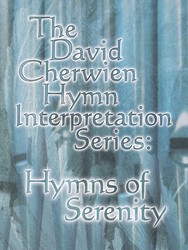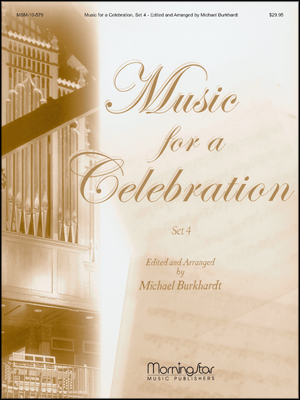- |
User Links
Blessed Jesus, at Your Word
Hymn Information
- First Line
- Blessed Jesus, at your word
- Author
- Tobias Clausnitzer (1663)
- Translator
- Catherine Winkworth (1858, alt.)
- Tune Name
- LIEBSTER JESU
- Composer
- Johann R. Ahle (1664)
- Topic
- Holy Spirit · Jesus Christ: Light · Praise of Christ · Responses: To Scripture · Elements of Worship: Prayer for Illunination · Elements of Worship: Hearing the Word
Copyright Information
- Text Copyright
- Public Domain
- Tune Copyright
- Public Domain
- Reprint/Projection Information
- Words and Music: The Words and Music are in the Public Domain; you do not need permission to project or reprint the Words and Music.
Full Text
Scripture References
- · · · · · · · · ·
Further Reflections on Scripture References
Essentially a prayer asking for illumination by the Holy Spirit as the Christian community gathers around the Lord's Word, "Blessed Jesus" is a pre-sermon hymn by Tobias Clausnitzer (b. Thum, Saxony, Germany, 1619; d. Weiden, Upper Palatine, Germany, 1684). It was first published in the Altdorffisches Gesang-Buchlein (1663) and first attributed to Clausnitzer in the Nüremberg, Germany, Gesangbuch (1676). Catherine Winkworth (PHH 194) translated the text and published it in English in her Lyra Germanica (2nd series, 1858).
Bert Polman, Psalter Hymnal Handbook
Confessions and Statements of Faith References
Further Reflections on Confessions and Statements of Faith References
This song emphasizes our need to listen well, and includes a call to ourselves and others to receive it as God’s truth. Such prayers and exhortations implement the convictions of Belgic Confession, Article 24 and Our World Belongs to God, paragraph 32: “The Bible is the Word of God, the record and tool of his redeeming work. It is the Word of truth, breath of God, fully reliable in leading us to know God and to walk with Jesus Christ in new life.”
Blessed Jesus, at Your Word
Additional Prayers
Blessed Jesus, at Your Word
Tune Information
- Name
- LIEBSTER JESU
- Key
- G Major
- Meter
- 7.8.7.8.8.8


 My Starred Hymns
My Starred Hymns






